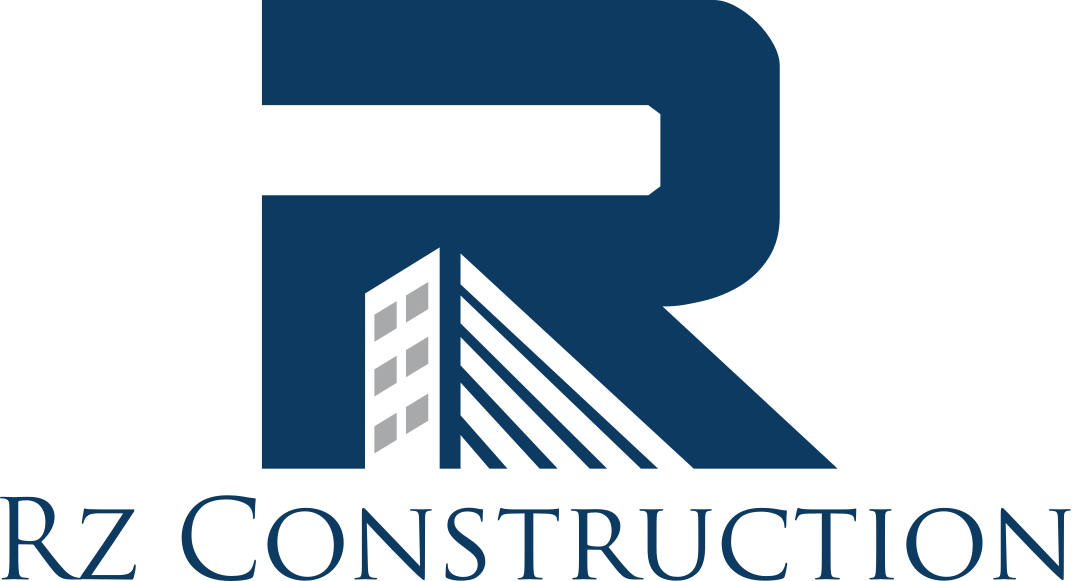Embarking on a home addition project can be an exciting way to expand your living space and add value to your property. However, it’s a significant undertaking that requires careful planning and consideration. Before you start knocking down walls or hiring contractors, there are several key factors to keep in mind to ensure your project runs smoothly and meets your expectations.
- Determine Your Needs and Goals
Before diving into the logistics of a home addition, it’s crucial to have a clear understanding of what you want to achieve. Are you looking to add an extra bedroom, expand your kitchen, or create a home office? Defining your needs and goals will help guide the design process and ensure that the finished product meets your requirements. Consider how the addition will integrate with the existing structure of your home and how it will impact your daily life.
- Set a realistic budget.
One of the most important steps in planning a home addition is setting a realistic budget. Costs can quickly escalate if not carefully managed, so it’s essential to establish a budget that accounts for all aspects of the project, including materials, labor, permits, and potential unforeseen expenses. Be sure to include a contingency fund of around 10-15% of the total budget to cover any unexpected costs that may arise during the construction process. Having a clear financial plan in place will help prevent delays and ensure that you can complete the project within your means.
- Understand local regulations and permits.
Before starting any construction work, it’s essential to familiarize yourself with local building regulations and obtain the necessary permits. Building codes vary by location, and failing to comply with them can result in costly fines or the need to redo work. Check with your local council to understand the requirements for your area, including zoning laws, setback requirements, and height restrictions. Additionally, consider how the addition may affect your neighbors, and be prepared to address any concerns they may have.
- Choose the Right Contractor
Selecting the right contractor is crucial to the success of your home addition project. Take the time to research and interview multiple contractors to find one with the experience, skills, and reputation necessary to complete your project to a high standard. Ask for references, review their portfolio of previous work, and ensure they are fully licensed and insured. A reliable contractor will not only bring your vision to life but also help navigate the complexities of the construction process, from obtaining permits to scheduling inspections.
- Consider the Impact on Your Home’s Structure
Adding to your home is not as simple as building a new room; it can significantly impact the existing structure. Before starting the project, it’s essential to assess the current condition of your home’s foundation, walls, and roof to ensure they can support the additional load. Structural integrity is paramount, and any necessary reinforcements should be factored into your budget and timeline. Consulting with a structural engineer can provide peace of mind and help prevent issues that could compromise the safety and stability of your home.
- Plan for disruption
Home additions can be disruptive, particularly if you are living in the house during construction. Noise, dust, and limited access to certain areas of your home are common challenges that can impact your daily routine. Before starting the project, discuss the construction timeline with your contractor and plan accordingly. Consider temporary accommodations or setting up a designated living area away from the construction zone to minimize the disruption. Being prepared for the inconveniences that come with a home addition will help you navigate the process with less stress.
- Think Long-Term
Finally, when planning a home addition, it’s essential to think long-term. Consider how your needs may change in the future and design the addition to be flexible and adaptable. Whether it’s planning for future accessibility needs, anticipating changes in your family structure, or ensuring that the addition is energy-efficient, thinking ahead will help ensure that your investment stands the test of time.
A home addition can be a rewarding way to enhance your living space and increase your property’s value. However, it requires careful planning, professional contractors and consideration to avoid common pitfalls and ensure a successful outcome. By taking the time to define your goals, set a realistic budget, understand local regulations, and choose the right contractor, you can embark on your home addition project with confidence and achieve the results you desire.
